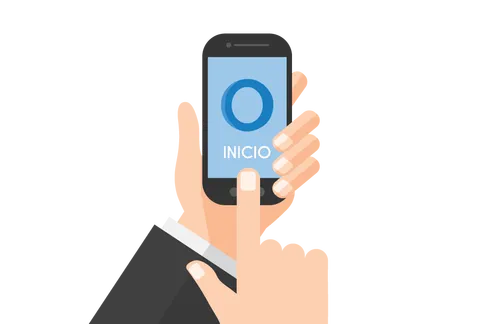Dulce Wireless Tijuana is an innovative project to treat diabetes with the help of cell phone, take advantage of mobile technology to monitor patients with diabetes and reduce costs.
To have more precise diagnoses and greater control over reactions and possible side effects associated with diabetes, new treatments seek to take advantage of the technology and benefits offered by smartphones.
This is the case of the Sweet Wireless Tijuana project, led by Qualcomm Incorporated and a Binational Group of Partners led by International Community Foundation, such as the Mexican Social Security Institute (IMSS), the Autonomous University of Baja California, Scripps Whittier Diabetes Institute and United BordersPro Salud, between 2011 and 2014, which seeks to "improve monitoring and care that patients with diabetes receive through the use of 3G wireless technology and the use of mobile devices", according to a statement from The Competitive IntelligenceUNIT (CIU).
The project, which was carried out in the Family Medicine Unit number 27 of the IMSS in Tijuana, Mexico, used the basic phones or featurephones to monitor 301 patients with diabetes.For example, the presence of glycosylated hemoglobin was followed up, a medical indicator that demonstrates whether the patient is properly controlling the evolution of diabetes.
The CiU statement emphasizes that, with the support of technology, there was a reduction differential of 1.7 percentage points in the presence of this substance in patients' blood, compared to those who received conventional treatment.He also points out that mobile technology could help in the treatment of almost a third of people suffering from diabetes, if the project is replicated in Mexico.
Type 2 diabetes affects a growing number of people in Latin America and Mexico: the Pan American Health Organization estimates that the number of patients in the region amounted to 62 million in 2014, while in the country, that year more died moreof 94 thousand Mexicans because of diabetes, according to the Secretary of Health, José Narro Robles.
For its part, the International Diabetes Federation estimates that in 2015 there were 17.6 million people with this condition in Mexico.
At a later stage, Dulce Wireless Tijuana will resort to smartphones or smartphones to meet its objective of improving standard treatment and reducing costs, both for health institutions and patients.


